Preoccupied by multiple crises, the EU has seen a restless year. Many of the calamities which shook the EU in 2022 will still be around in 2023.
A year of multiple crises is coming to an end. Shaken by high energy prices, increasing migrant figures, an alleged corruption scandal in the EU parliament and the Russian war in Ukraine, the EU is entering 2023. These problems will hardly turn around at the threshold of 2023 - nevertheless, one EU member state has reason to celebrate, Agerpres informs.
Access to Eurozone and Schengen
Croatia is coming out of the year 2022 as a fully integrated member of the European Union. From the beginning of next year, the country will belong to both the Eurozone and the Schengen area without internal border controls.
Thus, Croatia joined the club of what is now 15 countries (Belgium, Estonia, France, Greece, Germany, Italy, Latvia, Lithuania, Luxembourg, the Netherlands, Portugal, Slovakia, Slovenia, Spain) which are members of the most integrated confederations on the continent - the EU, the Eurozone, the Schengen area and NATO. Croatia is the one of those members of these clubs that used to have a communist one-party system 30 years ago, just like Estonia, Latvia, Lithuania or Slovenia.
The membership of Croatia in the Eurozone and Schengen is expected to help the country to further strengthen the economy and enhance the standard of living for its citizens. In the meantime, Bulgaria and Romania will still have to wait for the accession to the Schengen zone. The other EU member states couldn't reach the needed unanimity and decided in December 2022 to not let them enter the free travel zone together with Croatia. Therefore, Bulgaria expects the EU to help managing the country's external borders and hopes to join the free travel area, along with Romania, by October 2023.
Bulgaria is also further preparing for the membership of the Eurozone in order to introduce the euro by January 2024.
Russian war in Ukraine and energy prices
The Russian war and its repercussions are likely to continue driving the EU's agenda in 2023. One effect is the strong rise in energy prices in the EU. After months of debate on how to tackle those, the Member States found a compromise in a meeting before the end of the year. To limit excessive gas price spikes, the EU's energy ministers agreed on a cap for the wholesale price of gas under certain conditions. According to a press release, the measure will come into force as of February 15, 2023.
After the meeting, its chair negotiator, Czech Industry Minister Jozef Sikela, announced that the agreement unblocked other legislation aimed at tackling the consequences of Russia strongly decreasing its energy exports to the bloc.
Slovenia, however, expects the bloc to come up with effective and sustainable solutions for overcoming the crisis by capping market prices of gas and electricity, and securing energy supplies for winter. Bulgaria, too, has expectations of the EU when it comes to regulating energy prices. The energy crisis, inflation and economic recession will continue to be a focus of the EU in 2023.
EU's answer to the US Inflation Reduction Act
For Belgium, one of the most important issues for the beginning of 2023 will be the response to the US Inflation Reduction Act and the relaxation of state aid rules. These measures were announced by EU Commission President Ursula von der Leyen. She said on December 14 that in January the Commission would propose new, simple rules to subsidize green technology in the European Union.
This comes as a response to Washington's recent landmark bill called the Inflation Reduction Act (IRA).
"We need to give our answer, our European IRA," von der Leyen said.
The US legislation grants tax credits to US consumers who purchase electric vehicles with batteries manufactured domestically and in certain countries that have free trade agreements with the United States. The EU and the US are major trading partners, but have no such deal.
The European Union has criticized the US subsidies of 369 billion dollars to promote climate-friendly technologies, fearing the erosion of the bloc's industrial base with manufacturers relocating to the US. A joint EU-US taskforce set up to resolve these issues has not succeeded so far.
Belgium insists that the answer has to be a joint European one. As the country with the highest budget deficit in the European Union, Belgium does not have the firepower to enter into a subsidy race. The announcement of massive German subsidies to soften the energy crisis has made the Belgian industry very nervous.
Migration
For Slovenia, illegal migration to the bloc is a key issue which needs to be addressed at the European level. With no immediate solution in sight, Slovenia intends to strengthen cooperation with its neighboring countries through regional initiatives, e. g. with Croatia. As soon as Croatia enters the Schengen zone and the shared border is no longer an external Schengen border, Slovenia expects closer cooperation. The country keeps highlighting that - in light of Austria's police checks of the Slovenian border in 2022 - the Schengen system should become fully operational.
As the European Border and Coast Guard Agency Frontex announced, some 308,000 people crossed the EU's external borders irregularly in the first 11 months of 2022. This is an increase of 68% compared to the same period of 2021 - and the highest level recorded since 2016.
The Western Balkans was again "the most active migratory route into the EU," according to the agency, which registered some 140,000 irregular crossings in the region - an increase of 152% compared to 2021.
As a country with an enormous pressure on its asylum system, Belgium is also expected to keep urging for more solidarity at the EU level, the conclusion of the new European migration pact and respect for the Dublin rules until that new pact is in place.
Under EU law, the country where a migrant first arrives is in charge of hosting the person and of handling asylum requests, a policy often leading to frictions between member countries.
Alleged corruption in the EU parliament
Another topic that is likely to dominate the EU's agenda in 2023 has emerged in mid-December 2022. Following the Belgian Prosecutor's Office's accusations of participation in a criminal organization, money laundering, and corruption, the then EU parliament's Vice-President Eva Kaili and three other suspects were arrested. The four suspects are accused of having influenced decisions in the European Parliament in favor of Football World Cup host Qatar, in return for money and gifts.
European Parliament President Roberta Metsola said on December 15 that she will spearhead reforms of the EU legislature herself.
"I am putting together a wide-ranging reform package to be ready in the new year," Metsola said in Brussels.
"I will lead this work personally," she added.
Metsola also announced a "complete and in-depth" investigation into how the parliament interacts with countries outside of the EU. Enforcement of the EU Parliament code of conduct policies is to be reviewed.
"There will be no impunity, there will be no sweeping under the carpet, and there will be no business as usual," Metsola said.
Spanish Presidency in the second half
In July 2023, the Spanish Presidency will take over the baton from Sweden for the rest of the year. Apart from the general elections in the second half of 2023, it will be one of the great challenges the country on the Iberian Peninsula will face next year.
It will be the fifth time that Spain has assumed this responsibility and the last presidency was 13 years ago. The country is expected to take advantage of its term to increase the EU's focus on two crucial regions: Latin America and the Southern Neighborhood. A summit of the EU with the Community of Latin American and Caribbean States (Celac) is planned in Brussels. Such a meeting has not been held since 2015. In addition, there are plans for a ministerial meeting in Barcelona with representatives of the EU's Southern Neighborhood, the southern Mediterranean states.
The content is based on news by Belga, BTA, dpa, EFE, HINA, STA agencies participating in the enr.

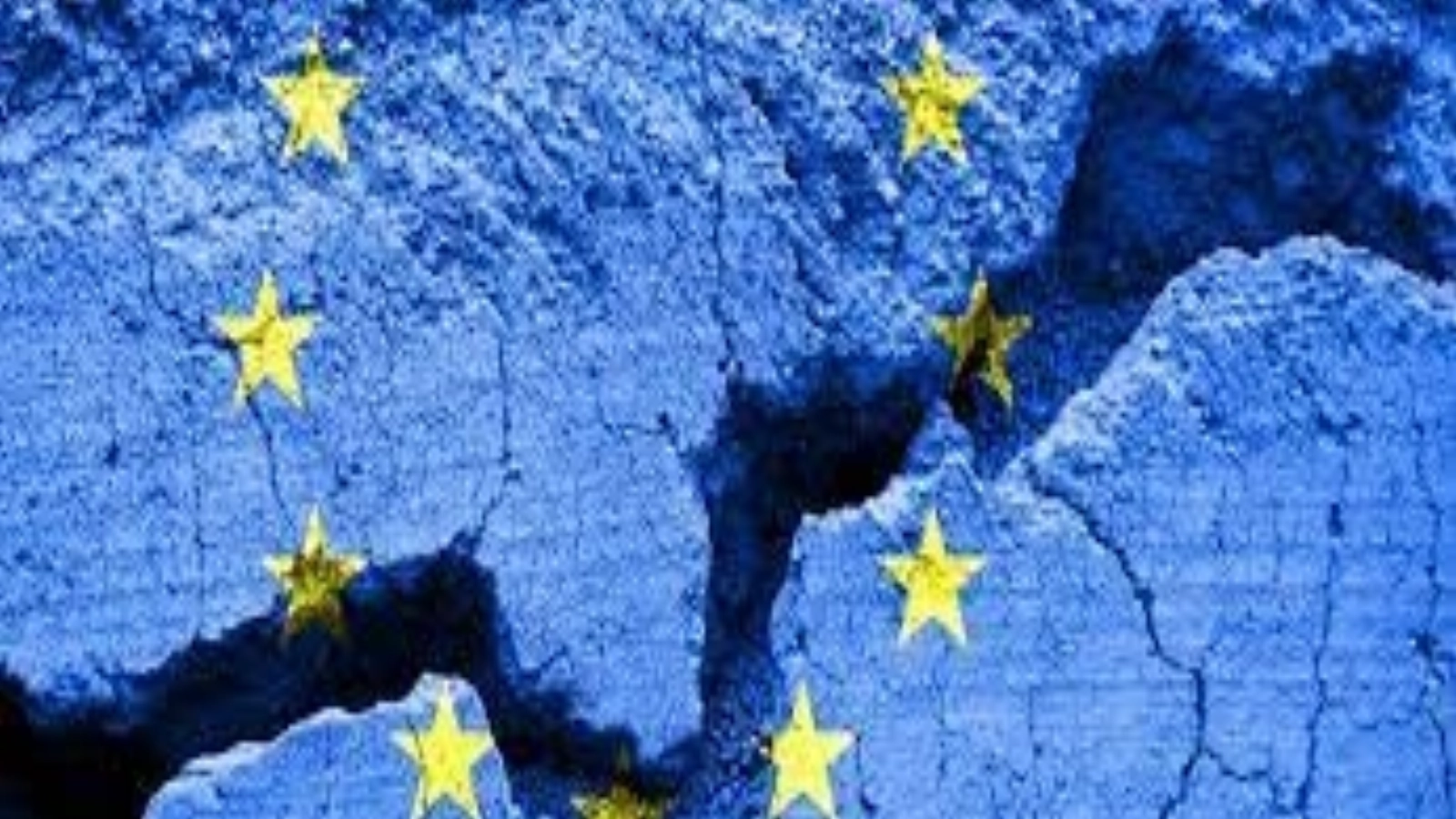
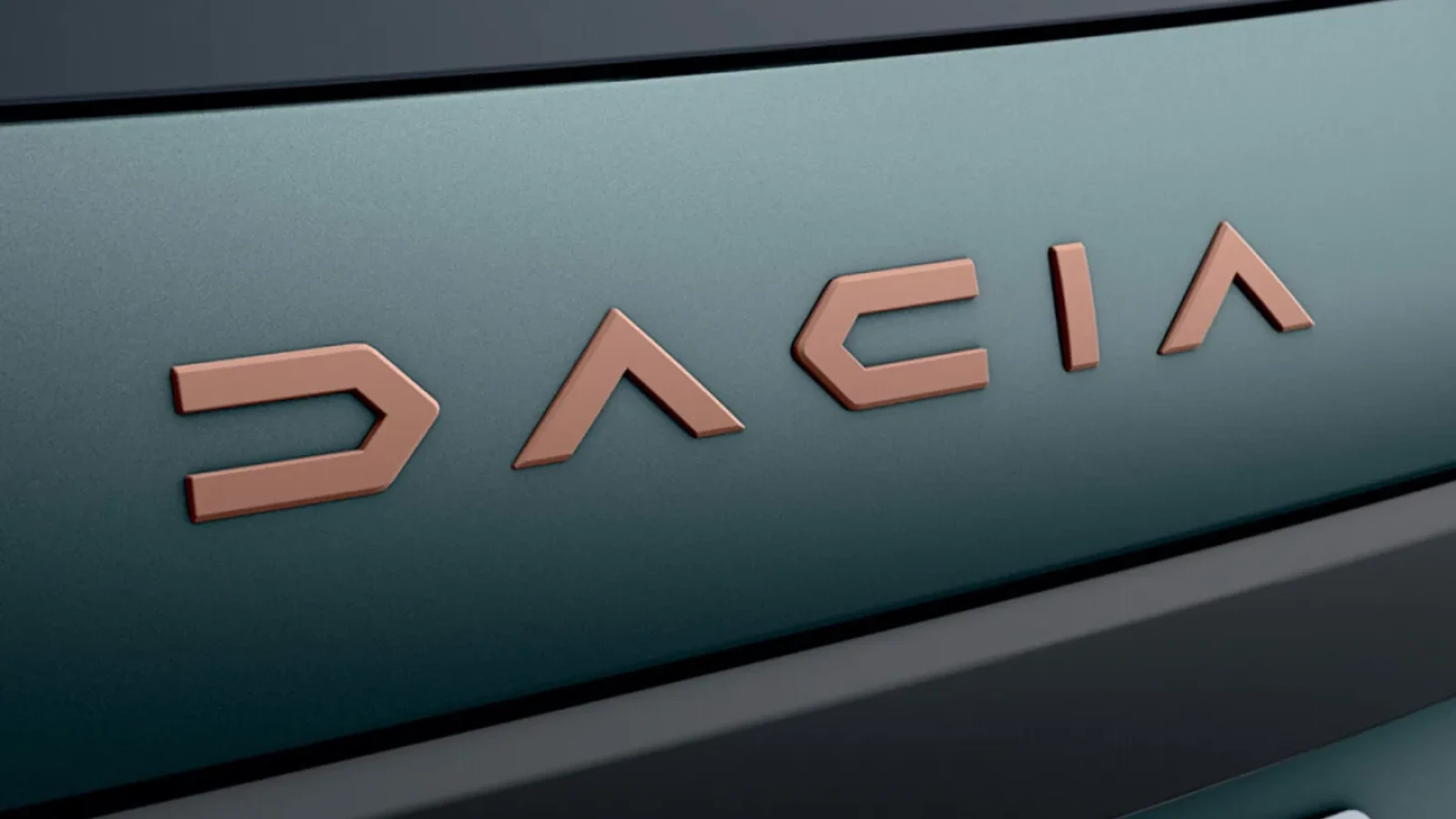


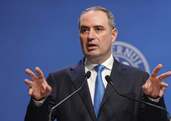
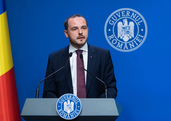
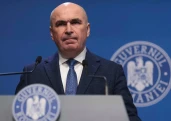
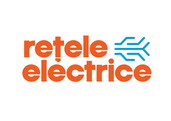


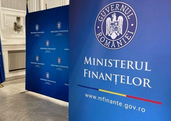


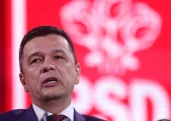







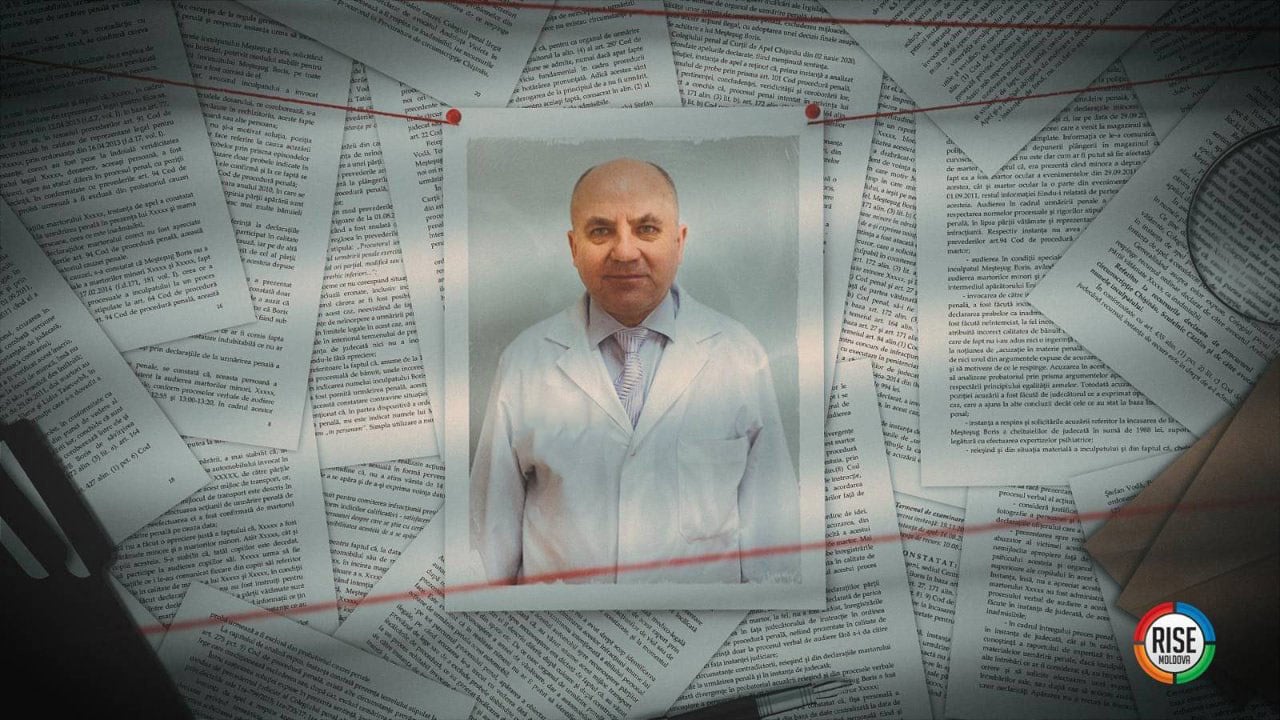
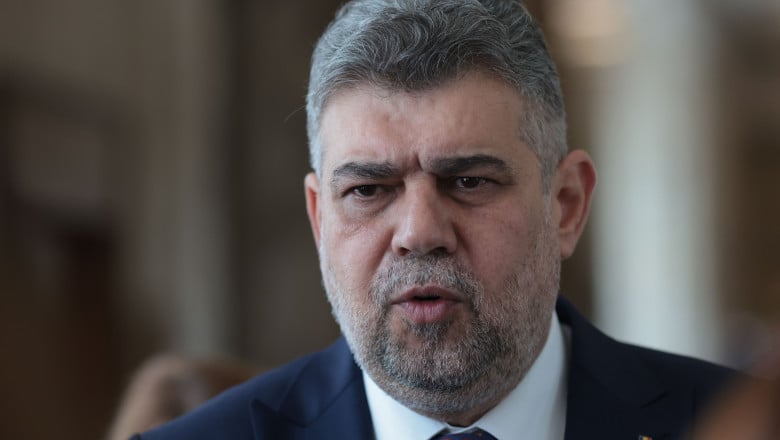








Comentează